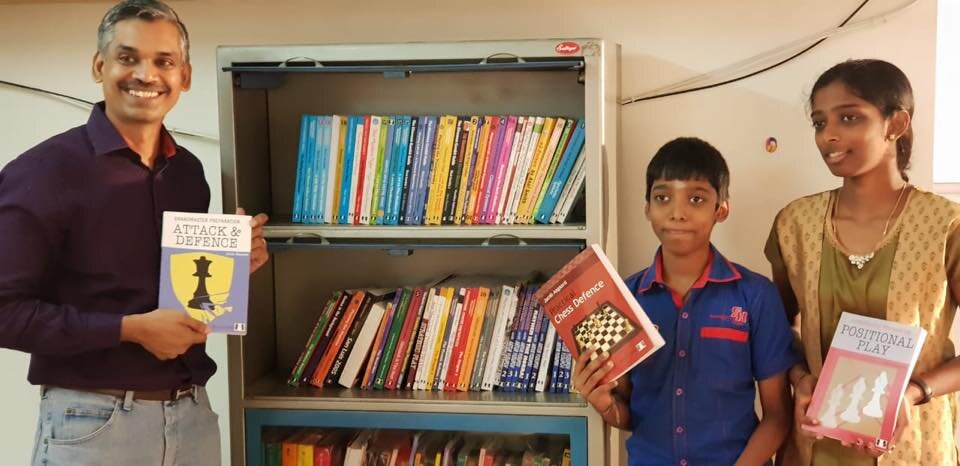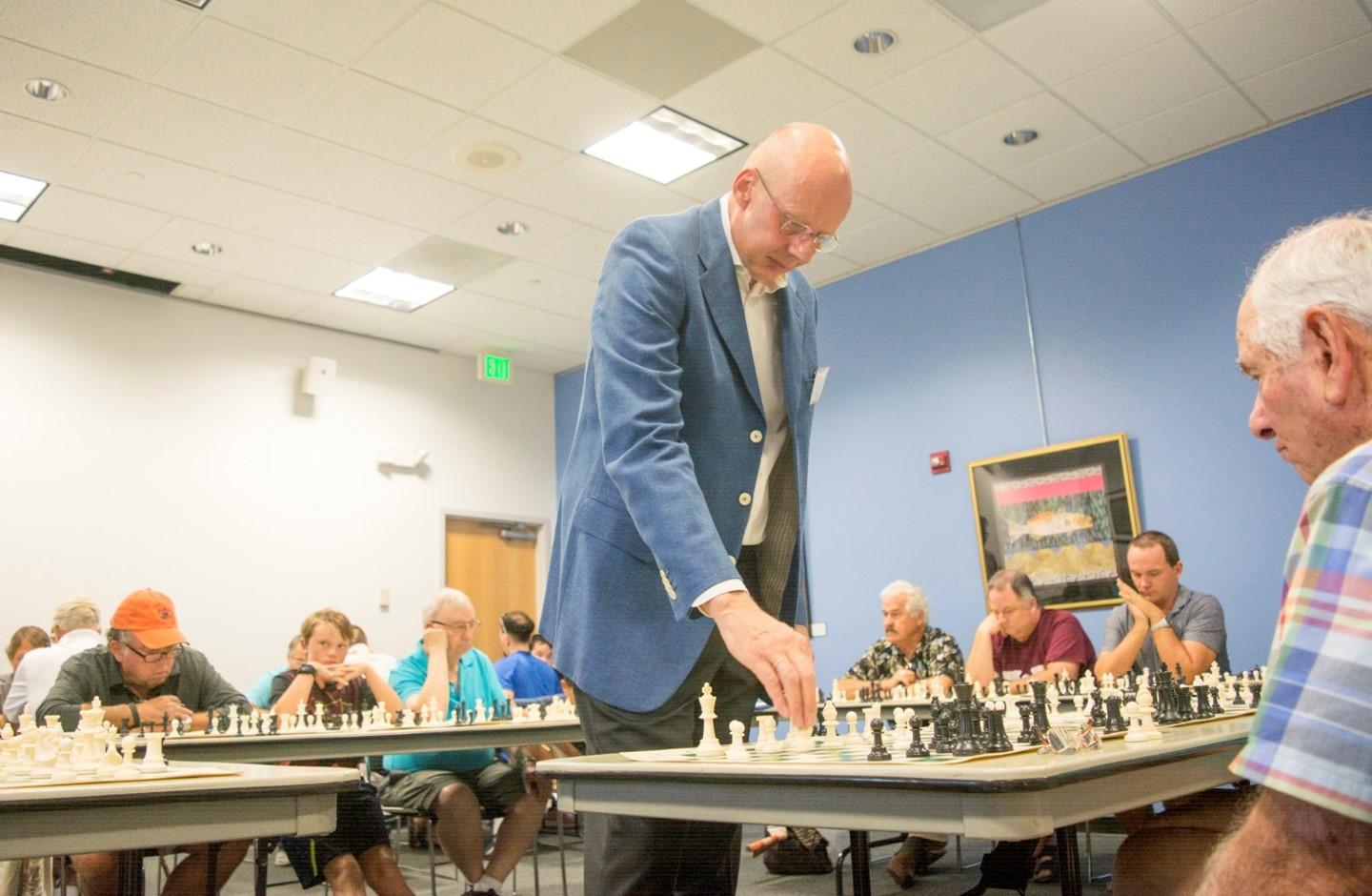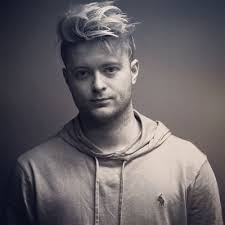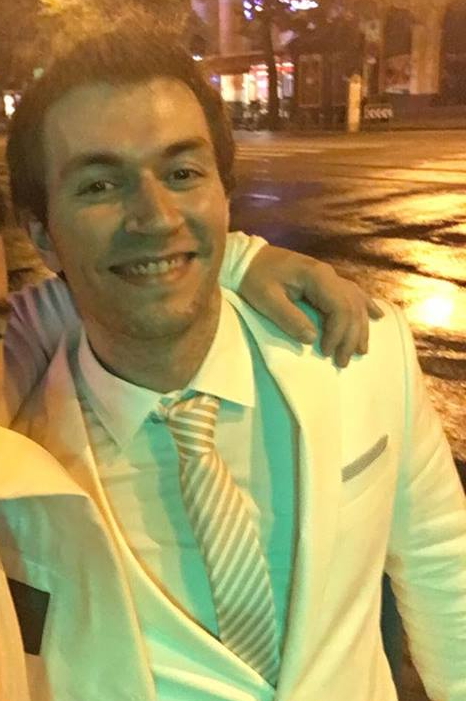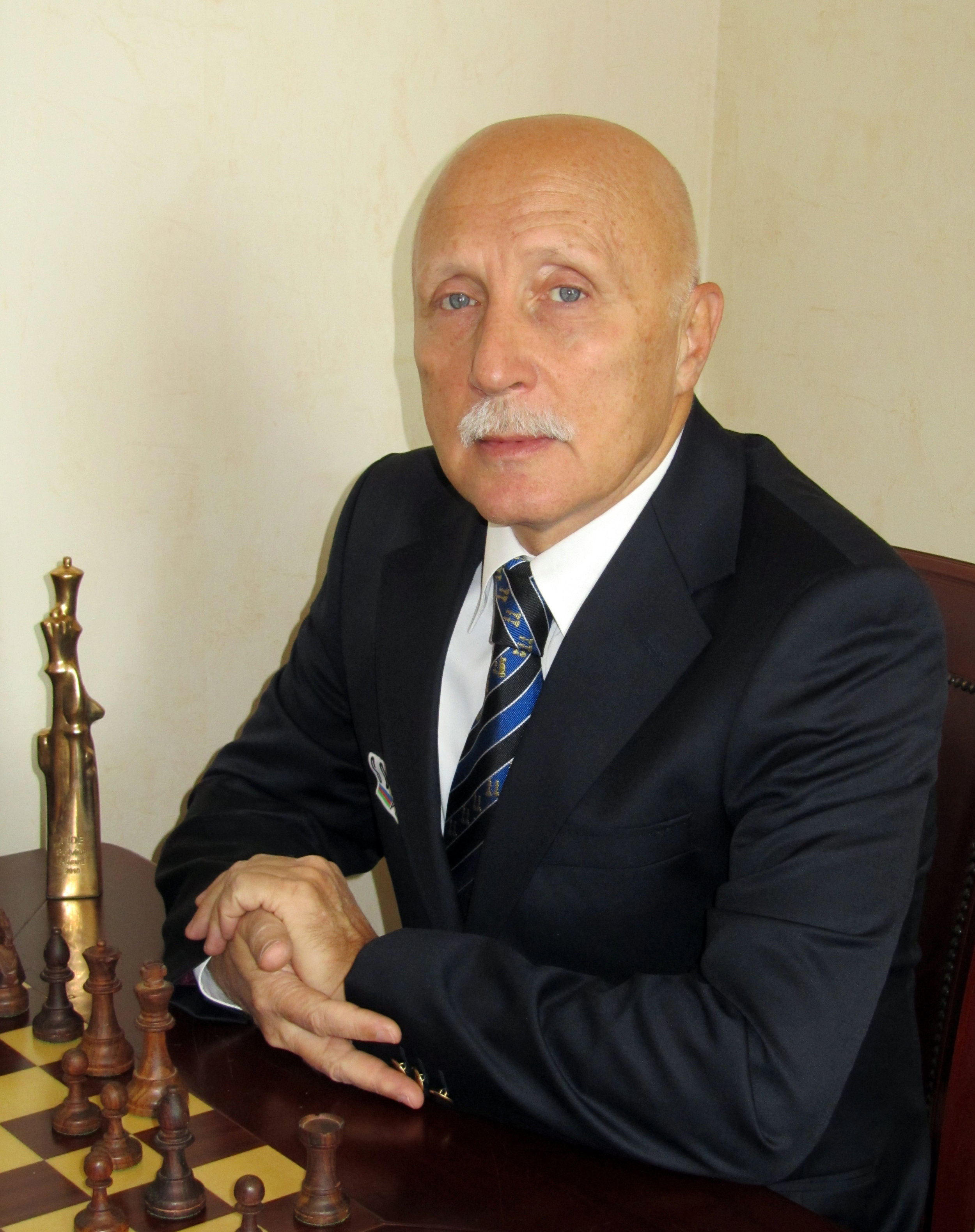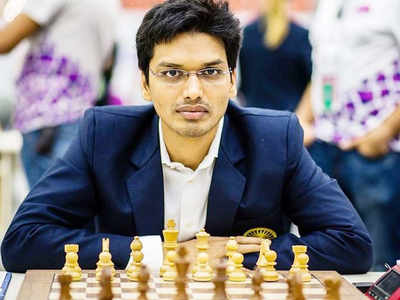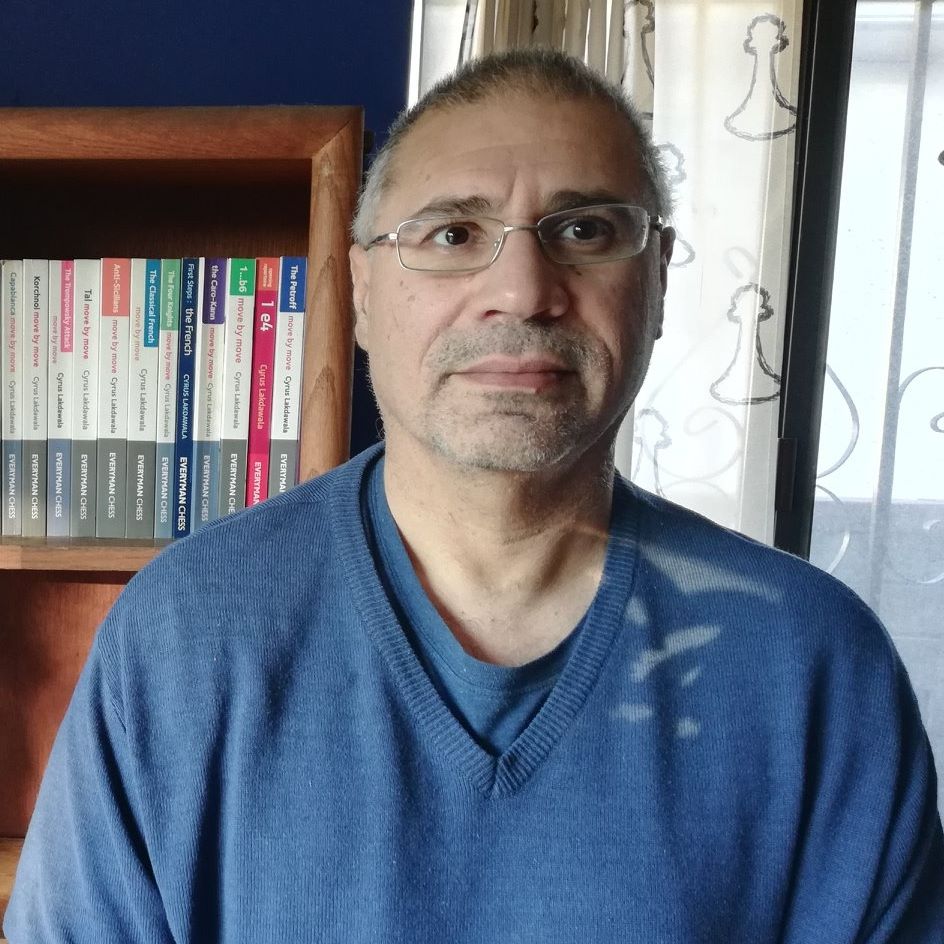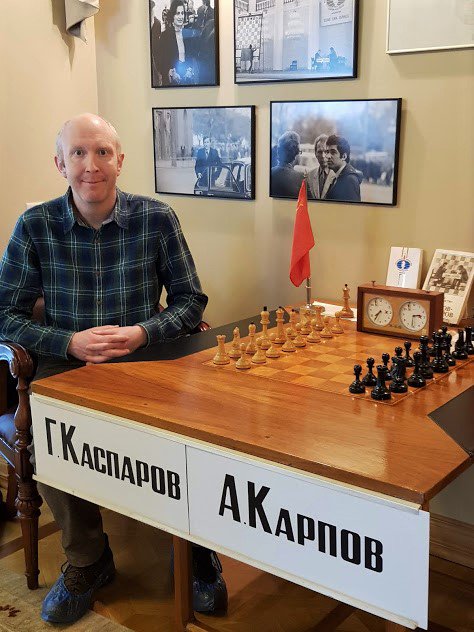WIM Beatriz Marinello with Anna MIller at the World Junior Championship for the Disabled
WIM Beatriz Marinello is a Chilean-American chess player, educator and organizer. Beatriz was recently named the Director of the Chess Program at the Dalton School in New York City, and in the past few decades, she has also worked and volunteered in countless other capacities in the chess world. Beatriz was the first woman to be elected as President of the US Chess Federation and was also the first woman to be elected Vice President of the World Chess Federation (FIDE). She is also one of the founders of and the President of Checkmating Dementia. Beatriz was very forthright about the good and bad that she has seen during her years in the chess world. Her experiences highlight the growth that the chess world has seen in recent years, but also show that there is still much more that can be done to promote and grow chess. Please read on for timestamps, links and a few more details.
Click here to download the episode
0:00- We begin by discussing Beatriz’s roles on the FIDE Social Action Committee and as the Director of the Chess Program at The Dalton School
Mentioned: David MacEnulty retires from his role as Director of the Dalton School, IM Josh Waitzkin, Charu Robinson, IM Kassa Korley, Charu Robinson, GM Maxim Dlugy, USCF Master Gus Huston
6:45- What was it like to grow up playing chess during the Pinochet regime in Chile?
11:00- Beatriz transitions to discussing her chess work in the US, including living in Miami, Las Vegas, and ultimately New York.
Mentioned: Svetozar Jovanovic, PS 9, The Anderson School, Carmen Farina, Dr. Robert Ferguson, Castle Chess Camp, US Chess Federation
25:00- As Beatriz retells, she became the first female president of the US Chess Federation, only to discover that the organization faced serious financial difficulties. How were she and others able to help US Chess recover?
Mentioned: Stan Booz, Sam Sloan
35:00- How did WIM Marinello end up becoming affiliated with FIDE? What was that experience like?
Mentioned: FIDE Social Action Commission, FIDE President Arkady Dvorkovich, Former Fide President Kirsan Ilyumzhinov
47:00- A Patreon supporter of the podcast asks about Beatriz’ efforts to promote chess as a vehicle to fight dementia.
Mentioned: Checkmating Dementia, Michael Glassman
1:04- Beatriz tells a funny Bobby Fischer story that she heard from a reliable friend of hers.
Mentioned: Beatriz Marinello Interview with Chessbase, Dr. Leroy Dubeck,
1:12- We talk a bit of chess improvement and chess books, and some of Beatriz’ favorite chess players and chess games.
Mentioned: My Great Predecessors, GM Hou Yifan, Polgar-Berkes,Hou Yifan-David Navara 2016, GM Humpy Koneru, GM Antoaneta Stefanova, Jennifer Shahade, Kimberly Doo McVay
1:21- Goodbye! You can keep up with all of Beatriz’s initiatives via her Facebook page.
If you would like to help support the podcast, you can do so here.

